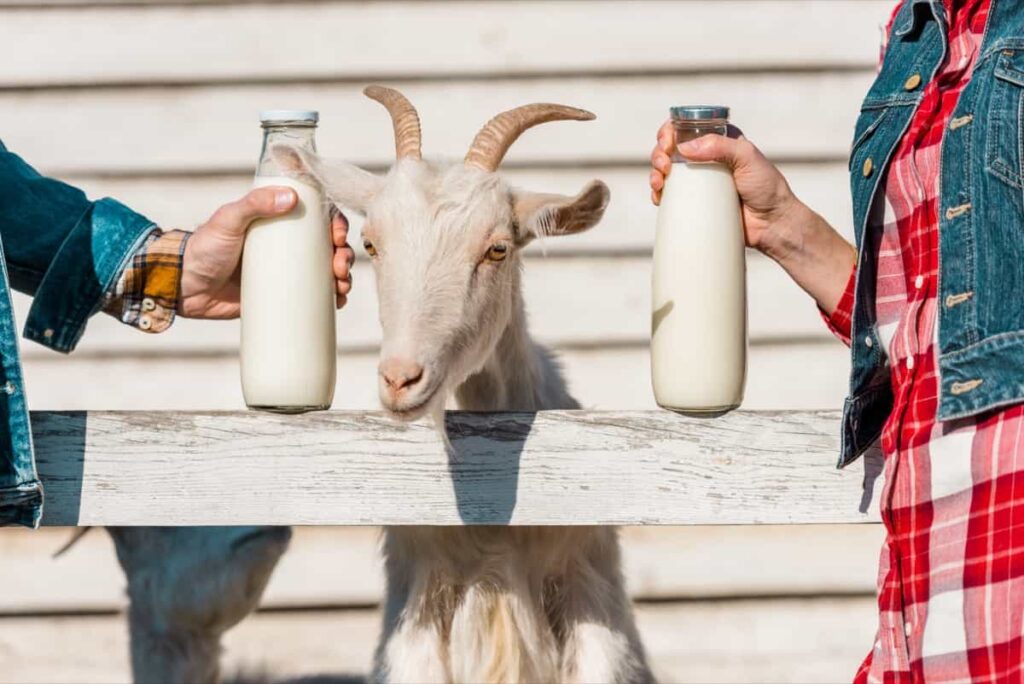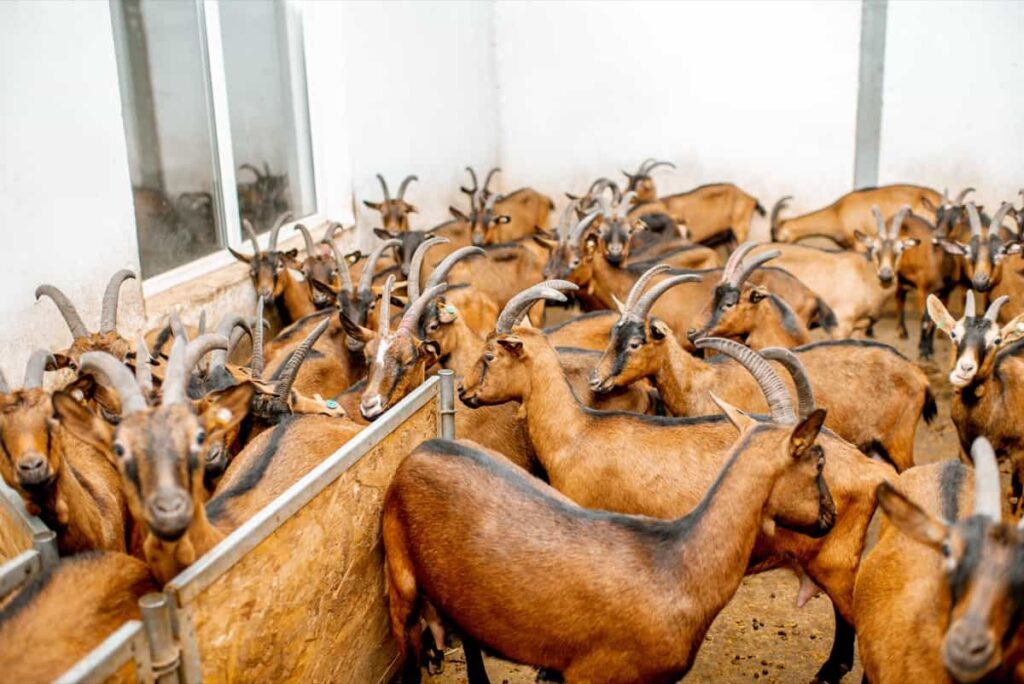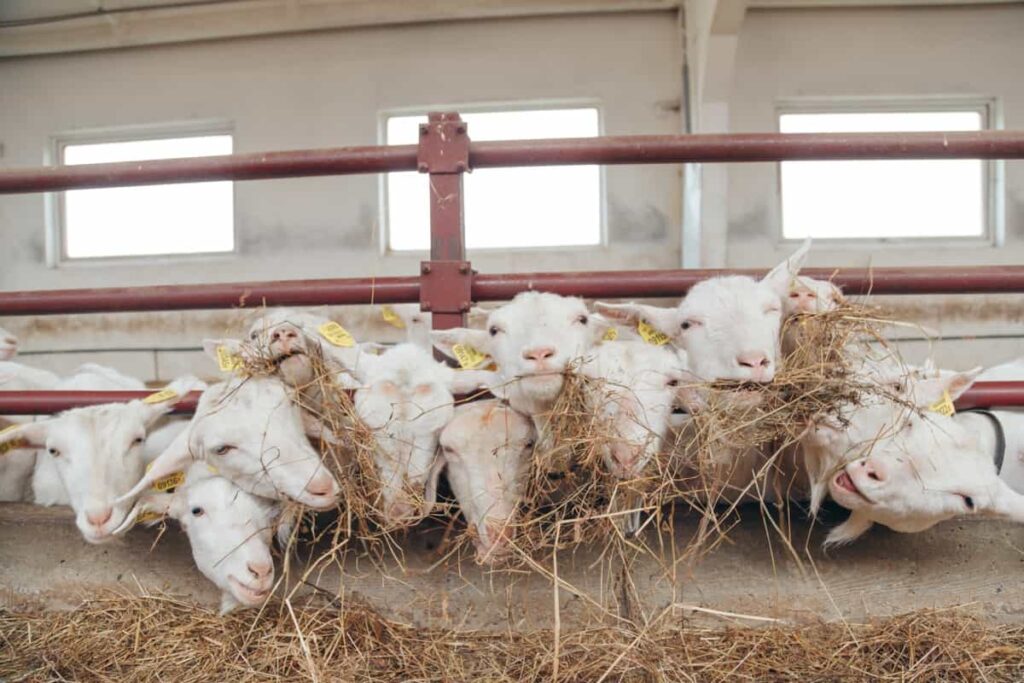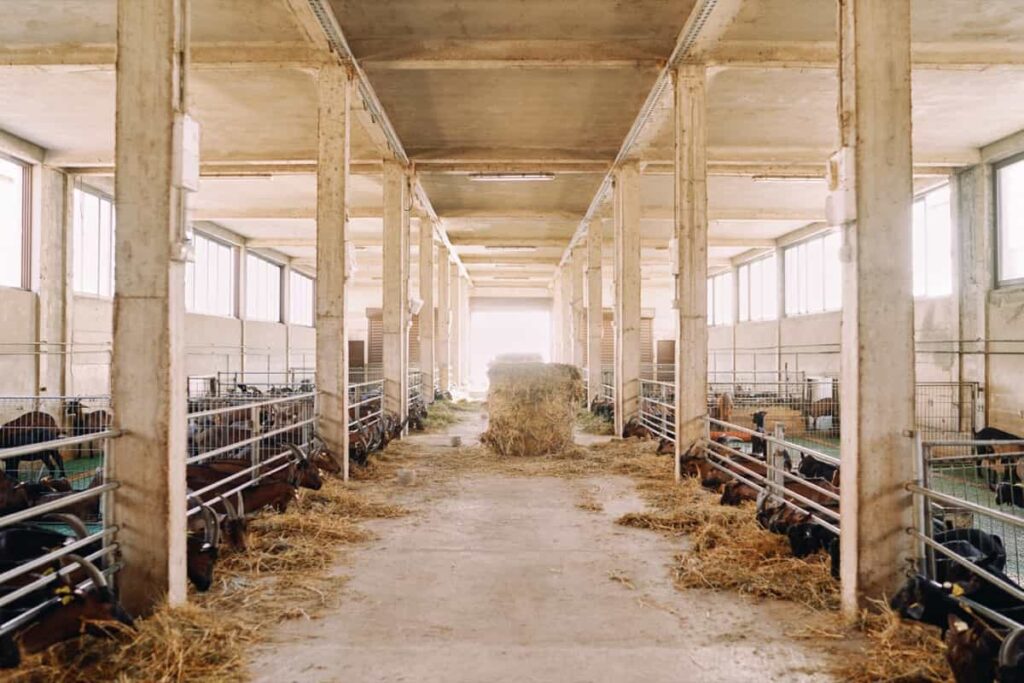Enhancing profitability through value-added products requires careful planning and implementation strategies tailored specifically to your goat farm’s unique needs. Diversification is crucial in today’s competitive market, as it helps you tap into new revenue streams. Diversifying your goat farm contributes to the overall sustainability of your business in the long run.
How to Diversify Your Goat Farm
Understanding Value-Added Products in Goat Farming
Value-added products refer to goods that have been processed or transformed in some way to increase their market value. By producing these value-added products, you not only tap into niche markets but also create additional revenue streams for your farm. Furthermore, value-added products allow you to differentiate yourself and establish a strong brand identity.

Implementing value-added strategies on your goat farm successfully requires careful planning and consideration. Start by evaluating which products align with your resources and expertise. Consider reaching out to local artisans or experts who can guide you through the process if needed. Market research is crucial when introducing new offerings.
Exploring New Revenue Streams for Your Goat Farm
Diversifying your offerings can not only boost profitability but also open up exciting opportunities in the market. By adding value-added products, you can tap into niche markets and cater to a wider range of customers. Additionally, collaborating with local artisans or small-scale businesses could lead to innovative collaborations that expand both parties’ customer bases. Remember that exploring new revenue streams requires careful planning and research into market demand and feasibility within your current resources.
Enhancing Your Goat Farm’s Profitability through Value-Added Products
Value-added products can take many forms in the world of goat farming. One option is producing artisanal cheeses using goat milk. This allows you to charge a price for a unique and high-quality product. Another idea is creating handmade soaps using goat milk, which has moisturizing benefits for the skin. By developing these value-added offerings, you not only increase your profit potential but also attract a wider customer base. People who may not typically buy raw goat milk might be interested in purchasing cheese or soap made from it.
This expands your market reach and opens up new opportunities for growth. To successfully implement value-added strategies on your goat farm, it’s important to research consumer demand and preferences in your target market thoroughly. This will help you identify which products have the greatest potential for success. Investing in equipment or training may be necessary when introducing new value-added processes on your farm. However, these initial costs can pay off significantly in terms of increased profits down the line.
Implementing Value-Added Strategies on Your Goat Farm
The main strategy you can explore is producing artisanal goat cheese. By utilizing the milk from your goats, you can create unique and high-quality cheeses that will attract discerning customers. This not only diversifies your product offerings but also allows you to command premium prices.
Another strategy is developing a line of goat milk soaps and lotions. The natural properties of goat milk make it an excellent ingredient for skincare products, providing moisturization and nourishment. Many people are interested in learning about sustainable farming practices and connecting with nature.
Leveraging Value-Added Products to Expand Your Goat Farm Business
By offering unique products, you can differentiate from competitors and attract a wider customer base. Value-added products can take many forms in goat farming. For example, you could produce artisanal goat cheese using your farm’s milk or create luxurious handmade soaps using goat milk as an ingredient.
In case you missed it: Goat Farm Infrastructure: How to Design Efficient Facilities

To successfully leverage value-added products in goat farms, it’s important to understand your target market and their preferences. Conduct market research to find potential opportunities and gauge demand for different product offerings. When implementing value-added strategies, focus on quality and uniqueness. Ensure that your product stands out in terms of taste, texture, packaging, or branding.
Developing a Diversification Plan for Your Goat Farm
Expanding your goat farm’s offerings can not only increase your revenue but also create new opportunities to cater to different markets. Developing a diversification plan is essential in order to add value-added products to your operation successfully. Analyze the current market trends and demands.
Next, consider the resources you have available on your goat farm. Assess whether you need additional infrastructure, equipment, or expertise to produce the value-added products you are considering. It’s important to ensure that any investment made aligns with the goals of your business. Once you have identified potential products and evaluated resource requirements, it’s time to develop a timeline for implementation.
Maximizing Returns with Value-Added Offerings from Your Goat Farm
The main way to maximize returns is by producing artisanal cheeses from your goat milk. Handcrafted cheeses have gained popularity in recent years, and consumers are willing to pay a premium for these specialty products. Another opportunity lies in creating natural soaps using goat’s milk. Goat milk soap is known for its moisturizing properties and gentle cleansing effects on the skin. Furthermore, utilizing the fiber produced by your goats opens up doors for crafting luxurious textiles like cashmere or mohair products.
Adding Value to Your Goat Farm: Beyond Traditional Products
The main way to add value is by offering artisanal soaps and skincare products made from goat milk. The natural properties of goat milk make it a fantastic ingredient for nourishing and moisturizing the skin. Another avenue worth exploring is gourmet goat meat products. By providing these specialty items directly from your farm, you can tap into this niche market and offer something truly exceptional.
Innovating with Value-Added Goods on Your Goat Farm
The main way to diversify your goat farm and maximize its profitability is by exploring innovative value-added goods. These products go beyond the traditional offerings of milk, cheese, and meat, allowing you to tap into new market segments and increase your revenue streams. Consider creating specialty soaps using goat milk as a base ingredient. Goat milk soap is known for its moisturizing properties and gentle cleansing abilities, making it a sought-after product among skincare enthusiasts.
In case you missed it: 10 Spring Transition Tips to Keep Your Goats Happy

If you have access to an abundance of goat manure on your farm, consider composting it and packaging it as organic fertilizer. Many gardeners are turning towards natural alternatives in their gardening practices, creating a demand for high-quality fertilizers derived from sustainable sources. Consider hosting events where visitors can learn about the process of raising goats and see firsthand how value-added products are made.
Expanding Your Market Reach with Goat Value-Added Products
The main way to expand your market reach in goat is by attending farmers’ markets or local fairs where you can showcase your value-added products directly to consumers. This allows you to connect with customers and receive valuable feedback on your offerings. Another strategy is partnering with local restaurants or specialty shops that focus on organic or locally sourced ingredients.
By supplying them with your unique goat milk products, you not only gain exposure but also establish a reputation as a trusted supplier of high-quality goods. Additionally, consider leveraging the power of online platforms such as social media and e-commerce websites. Furthermore, take into account the power of word-of-mouth marketing. Offer incentives for referrals or loyalty programs that encourage repeat business.
Frequently Asked Questions (FAQ) on Diversify Your Goat Farm
What Are Value-Added Products?
Value-added products refer to any goods or services that have undergone a transformation or enhancement, resulting in increased value and appeal to consumers.
How Do I Identify Which Value-Added Products Will Work Best for My Farm?
Consider factors such as market demand, local preferences, and your expertise when choosing which value-added products to pursue. Conduct thorough research within your target market to determine what customers are looking for and competitors may offer.
In case you missed it: 11 Important Points to Consider for Bottle Feeding Goats

Do I Need Any Special Equipment or Facilities to Produce Value-Added Products?
Depending on the specific product you plan to make, you may require additional equipment or facilities beyond those needed for basic livestock farming operations.
Can I Use My Existing Goats’ Milk for Making Dairy-Based Value-Added Products?
Absolutely. Utilizing the milk from your goats is a cost-effective option for producing dairy-based goods like cheese or yogurt.
Conclusion
Diversification is a major aspect of running a successful goat farm. By expanding your offerings and venturing into value-added products, you can unlock numerous benefits for your business. By exploring value-added products, you have the opportunity to create unique offerings that cater to different consumer needs and preferences.
- Types of Grass Growing for Goat Farm
- How to Train Goats for Milking: A Beginners Guide
- Goat Milking Practices and Equipment: A Beginner’s Guide
- Goat Farming for Fiber: Producing Mohair and Cashmere
- Maximizing Goat Milk Production: Tips for Dairy Goat Farmers
- Goat Farming as a Family Business: Strategies for Success
- Profitable Kenya Goat Breeds for Commercial Dairy and Meat Business
- Unlock the Secrets of Oberhasli Goat: Discover Raising and Management Practices
- Ultimate Guide to Myotonic Goats: Explore Profile to Raising